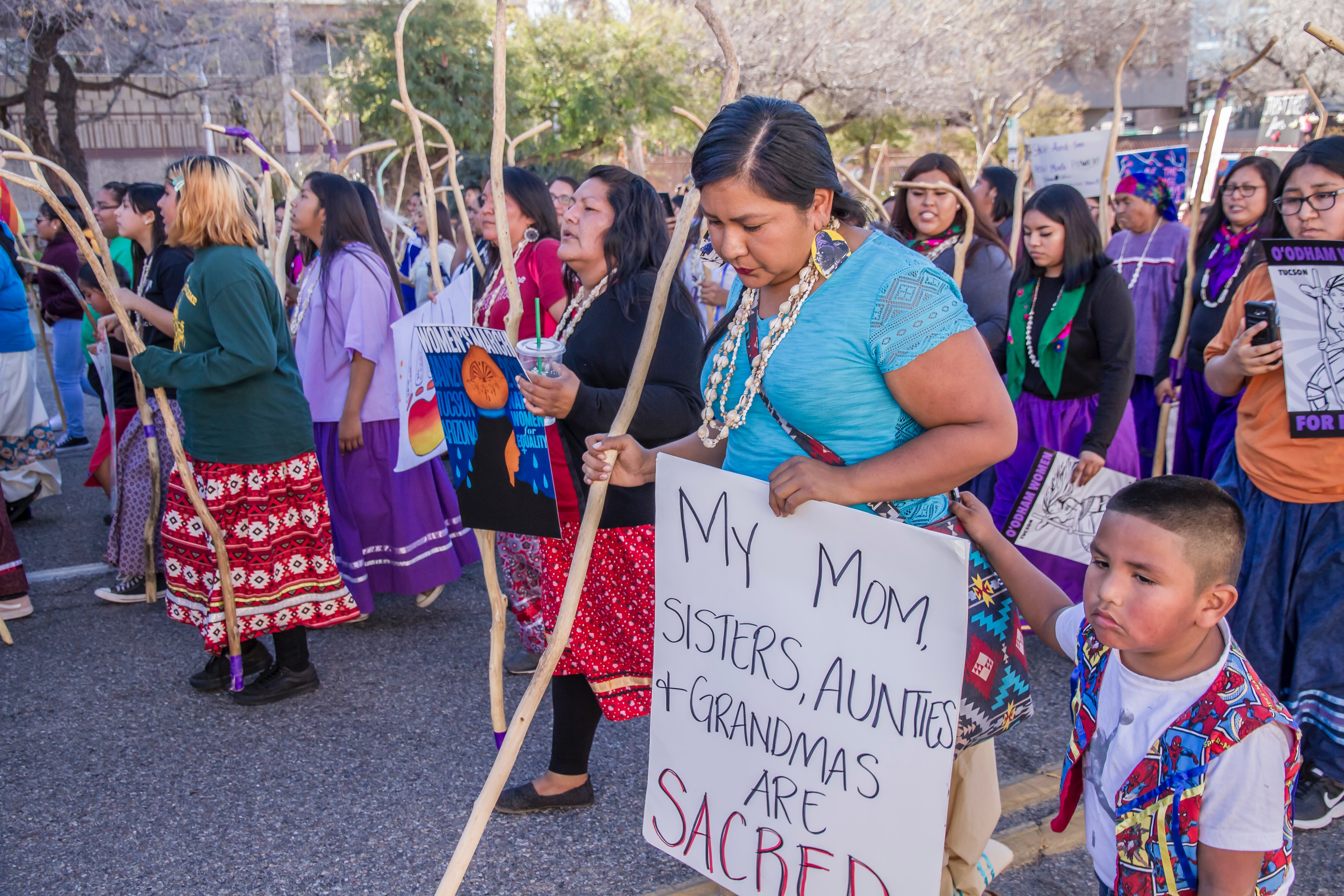 Between one and two percent of Coloradans identify as Native American, American Indian or Indigenous. It’s a population often forgotten in research and omitted from data that claims to accurately describe the experiences, perspectives and priorities of the people living in our state.
Between one and two percent of Coloradans identify as Native American, American Indian or Indigenous. It’s a population often forgotten in research and omitted from data that claims to accurately describe the experiences, perspectives and priorities of the people living in our state.
Because of the small size of the population, and a long history of violations of trust, conducting research with Native Americans requires an intentional investment of resources and relationship building. That doesn’t happen nearly enough, reinforcing many of the injustices our country is built on. Repeated harm perpetuated by institutions – including governments and philanthropic organizations – has created distrust that may keep Native Americans from participating in research.
Through Pulse: The Colorado Health Foundation Poll, we seek to listen to all Coloradans, including Native Americans. We understand how Native people may feel toward research entities, including us. Therefore, to conduct the 2021 poll, we collaborated with community-based organizations that have built trusted relationships with Native populations. With their help, we were able to oversample Coloradans who identify as Native American, American Indian or Indigenous. That means that instead of talking to around 50 folks (a representative two percent of our total sample of 2,493 adults in 2021), we talked to just over 100 Native people. While we would have liked to listen to even more Native people, that number of interviews gives us some confidence in sharing what we learned.
Here’s what we heard when we asked Native Americans about their experiences and perspectives:
-
The cost of housing is contributing to financial insecurity.
- More than nine in 10 (93%) Native Americans consider the cost of housing to be a very serious problem.
- Almost four in 10 Native Americans (38%) are worried about losing their homes because they cannot pay the rent or mortgage – higher than any other racial or ethnic group.
- More than a quarter (27%) of Native people have had to change their living arrangements in the last year because they could not afford their homes.
-
Many Native Americans are experiencing challenges with their mental health and well-being.
- Two-thirds (66%) of Native American respondents report experiencing anxiety – higher than any other racial or ethnic group surveyed.
- Majorities of Native Americans have experienced excessive worrying (58%), grief or loss (55%) and difficulty focusing (53%) in the last year.
- More than one-third (37%) of Native Americans talked to a health professional about their mental health and well-being; 55% spoke to family or friends and 50% spoke to someone who has had similar concerns.
-
Native Americans perceive they are more likely than White Coloradans to experience unfair treatment.
- Just under half of all Coloradans think Native people are more likely than White people to experience unfair treatment in police interactions, health care and housing.
- Reflecting on their own experiences, Native Americans say they are more likely than White Coloradans to be treated unfairly by police (62%), to receive poor quality or inadequate health care (59%) or to be treated unfairly when seeking to rent or buy a home (63%).
- Coloradans of color (Black/African American, Asian/Pacific Islander and Hispanic/Latinx) are more likely to perceive that Native people experience unfair treatment than White Coloradans.
|
|
Race/Ethnicity |
||||||
|
Compared to White Coloradans, do you think Indigenous or Native American Coloradans are more likely or less likely to experience the following... |
All |
White |
Black/African American |
Asian/Pacific Islander |
Hispanic/Latinx |
Native American |
All People of Color |
|
Be treated unfairly by police |
48% |
47% |
56% |
60% |
53% |
62% |
54% |
|
Receive poor quality or inadequate health care |
48% |
48% |
48% |
65% |
50% |
59% |
52% |
|
Be treated unfairly when seeking to rent or buy a home |
46% |
45% |
52% |
59% |
47% |
63% |
49% |
Our goal with Pulse is to learn more about Native Americans – and all Coloradans. This year’s oversample of Indigenous Coloradans was an initial step toward seeing how the responses of our state’s diverse Native communities evolve in the coming years, and how we can incorporate these findings into our work. Listening to and understanding the concerns and priorities of our state’s Native population is one way to spark deeper conversations about how to bring health and well-being in reach for Indigenous communities.
These data represent just a fraction of what we heard from Native Americans. From hunger to COVID-19 vaccinations to job security, there is a lot more to learn, and it’s all available through our interactive Pulse data dashboard.
